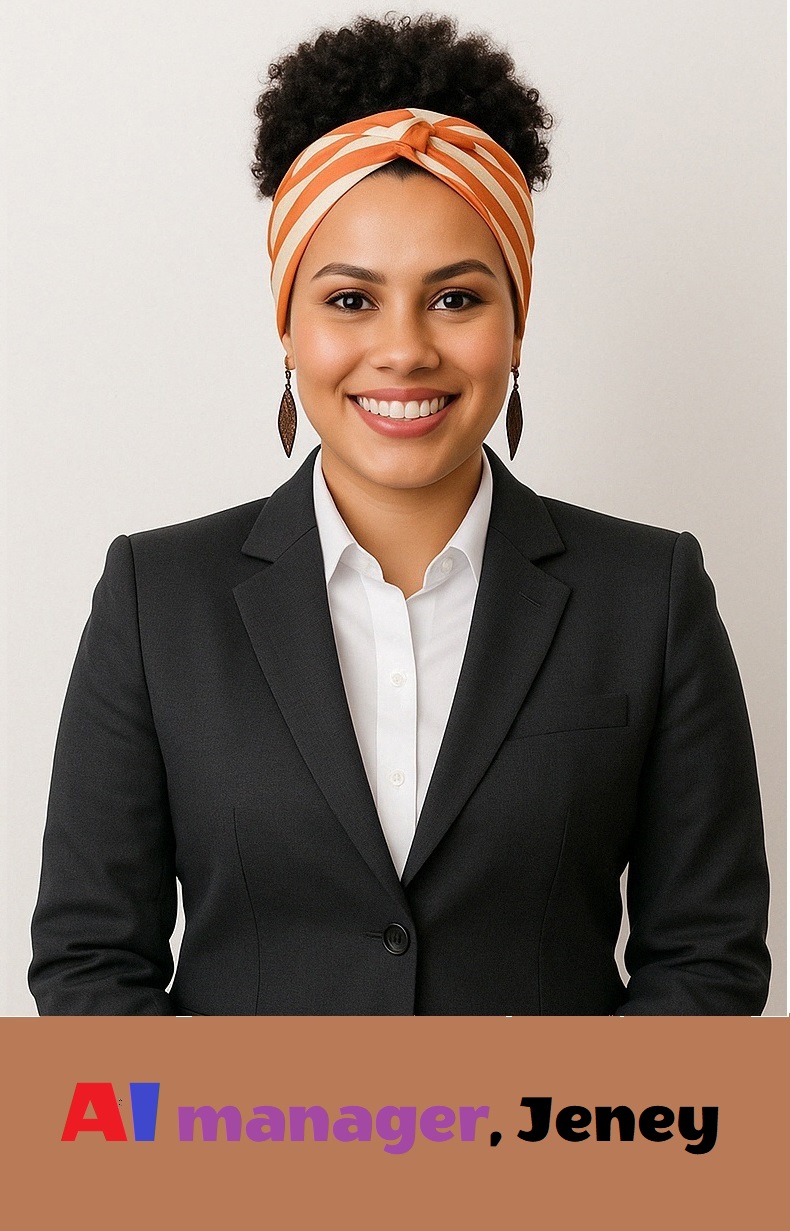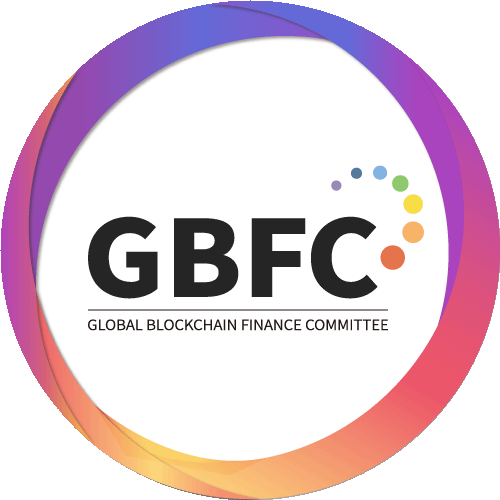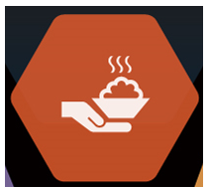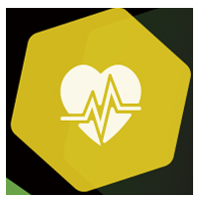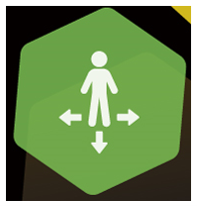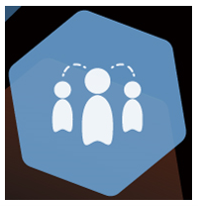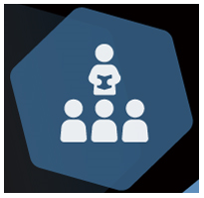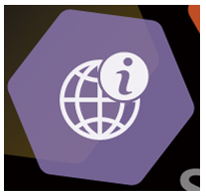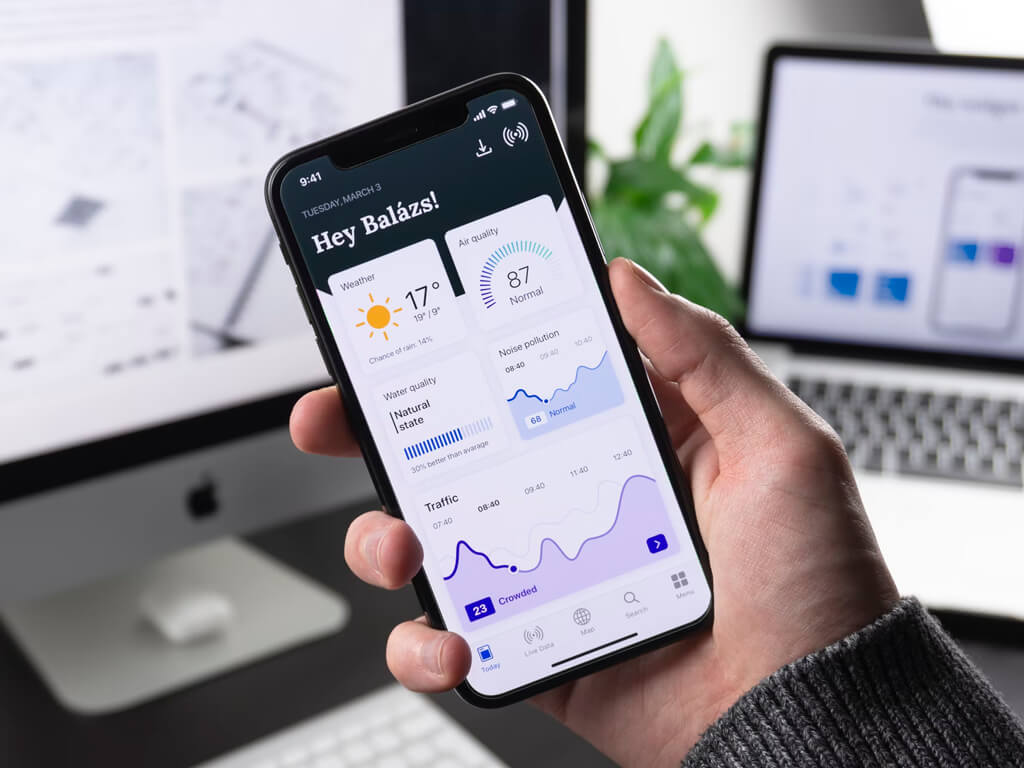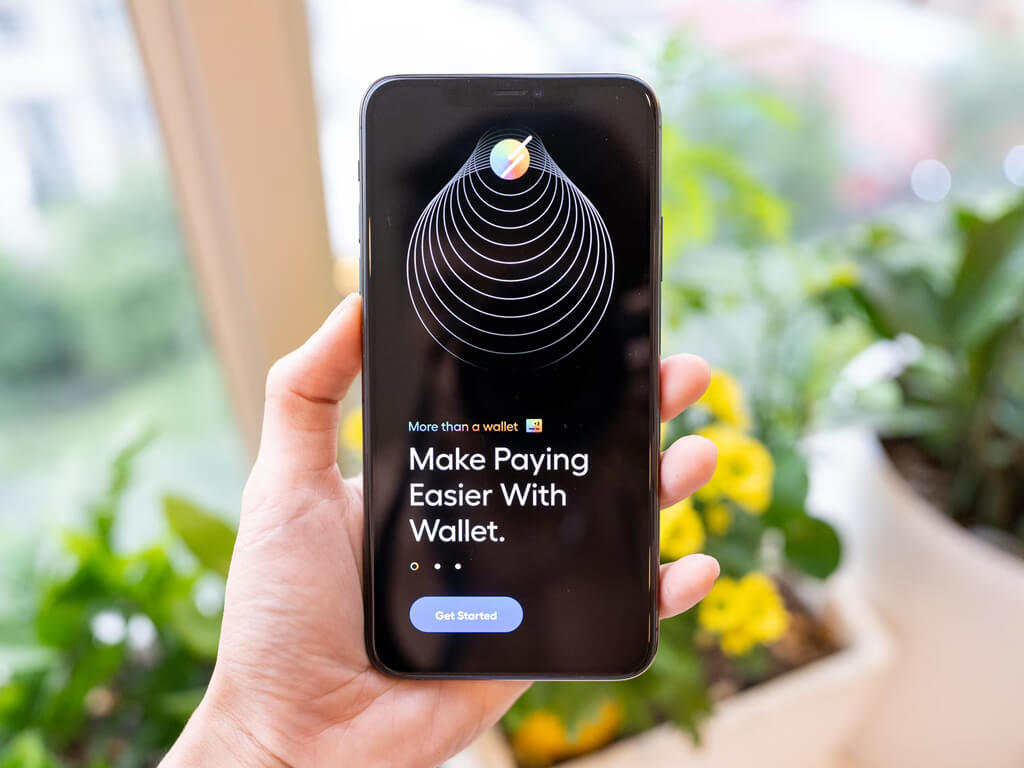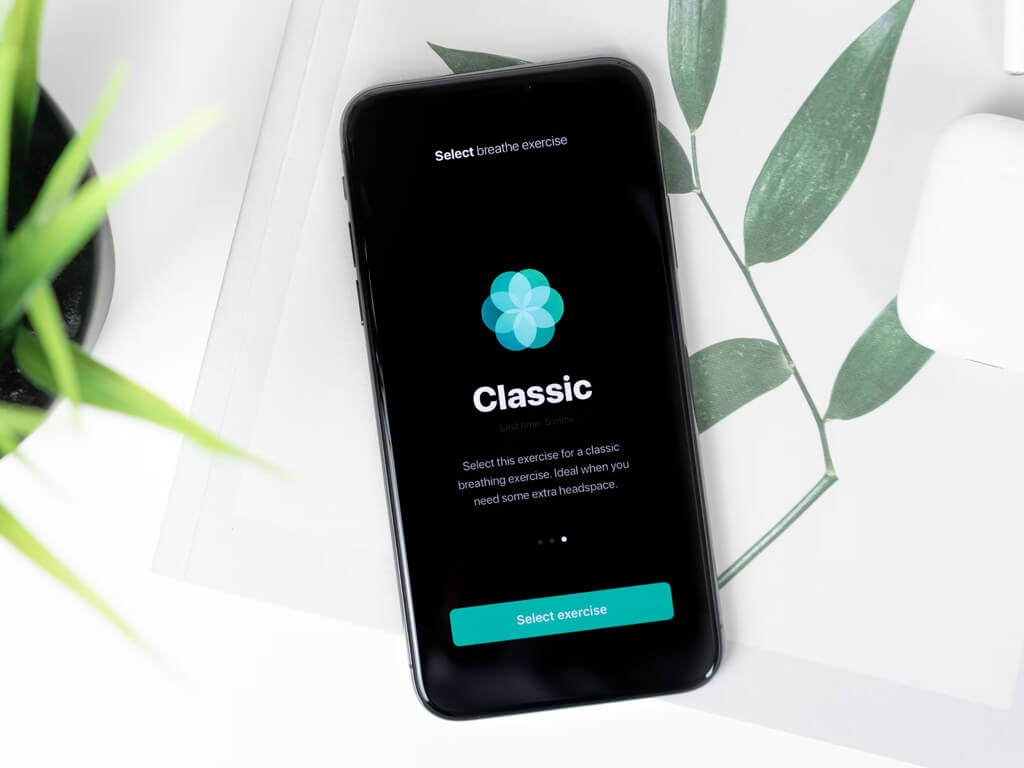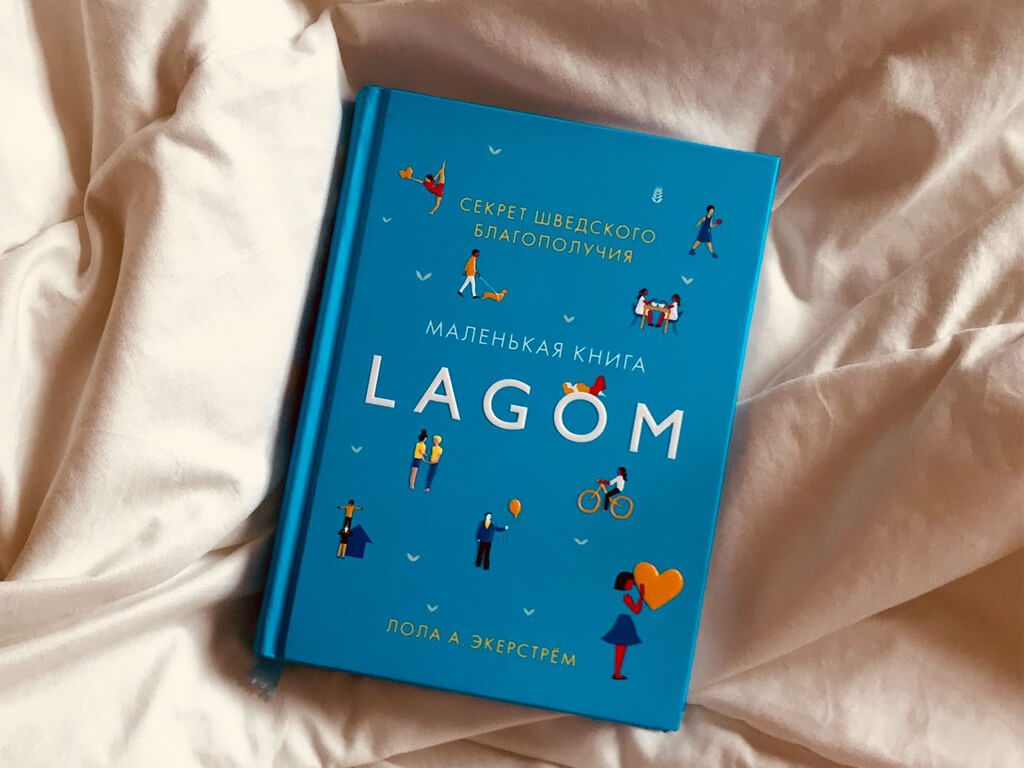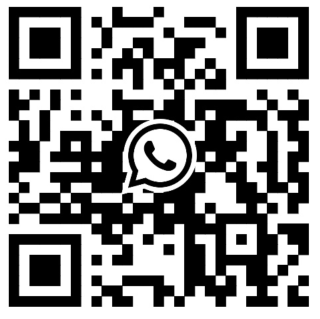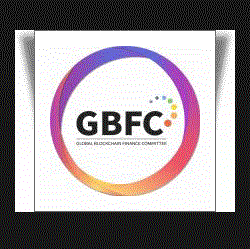
Global Blockchain Finance Committee
Democratization of Financial Sovereignty / Guarantee of Survival Human Rights / Smart City Model
We support the achievement of the UN Agenda 2030 goals
GBFC stands for the Global Blockchain Finance Committee.

GBFC stands for the Global Blockchain Finance Committee. GBFC was established during the conference titled “Blockchain Finance Implementation for Poverty Eradication and Metropolis Policies”, hosted by the ISEA Foundation at the United Nations in Geneva in May 2019.
The committee is composed of experts and representatives from various sectors of blockchain technology and finance around the world. It was officially founded through a Resolution section at the Geneva UN conference, with the support and consensus of the participating attendees.
The United Nations and various NGOs registered with the UN are currently pursuing the “SDGs 2030 Agenda”, a global initiative aimed at addressing 17 international challenges by the year 2030. GBFC will contribute to this effort by supporting solutions for issues such as hunger, wealth inequality, and the development of urban networks.
For this conference, 219 delegates, including mayors from 110 cities, NGO representatives, and professionals from various fields, received official authorization to participate. Among them, 20 VIP members endorsed and passed a specific resolution related to the MobiDollar Project.
- Vision : To develop a unified currency system that guarantees Survival Human Rights through technological advancement in the Fourth Industrial Revolution.
- Mission : Expand participation of blockchain technology experts and financial institutions. and Propose blockchain finance policy models that promote balanced development of global civil society.
- - Contribute to the achievement of all 17 Sustainable Development Goals (SDGs) in alignment with the UN Agenda 2030.
- - Integrate and apply Survival Human Rights functions into blockchain-based cryptocurrencies.
- - Develop a global support platform and provide blockchain system support by sector.

Happy Clients
Projects
Hours Of Support
Hard Workers
Initiatives
Featured Initiatives

🌍 Guaranteeing to Survival Human Rights
Presents a technical agreement that guarantees the seven essential elements necessary for human life.

🏙️ Smart City Basic Structure Policy
Builds a sustainable urban system that inclusively applies the benefits of development.

💰 Democratizing Financial Sovereignty
Strengthens community capacity through fair access to economic rights and benefit sharing.
Features
Survival Human Rights
- The Earth possesses sufficient productivity and resource potential to feed well over 12 billion people. With the advancement of modern science and technology, we have now reached a stage where all elements of resources, energy, and labor can be quantified and translated into monetary value.
- Therefore, humanity must shift its focus from resource scarcity to the methods of distribution. This shift calls for a technologically driven, democratic economic system—particularly one based on blockchain-enabled 'survival money' policies.
- The Global Blockchain Finance Committee (GBFC) implements the philosophy of the MobiDollar Project, proposed by the ISEA Foundation. By leveraging the Earth’s productivity and technological capacity, it aims to guarantee “Survival Human Rights” and ensure that every individual can enjoy at least a basic standard of human dignity.
- This philosophy goes beyond traditional welfare policies. It marks the beginning of a new standard for currency a “Productivity-Based Monetary System” that succeeds the gold standard. The international community must build cooperative models based on this framework to achieve shared prosperity for all.
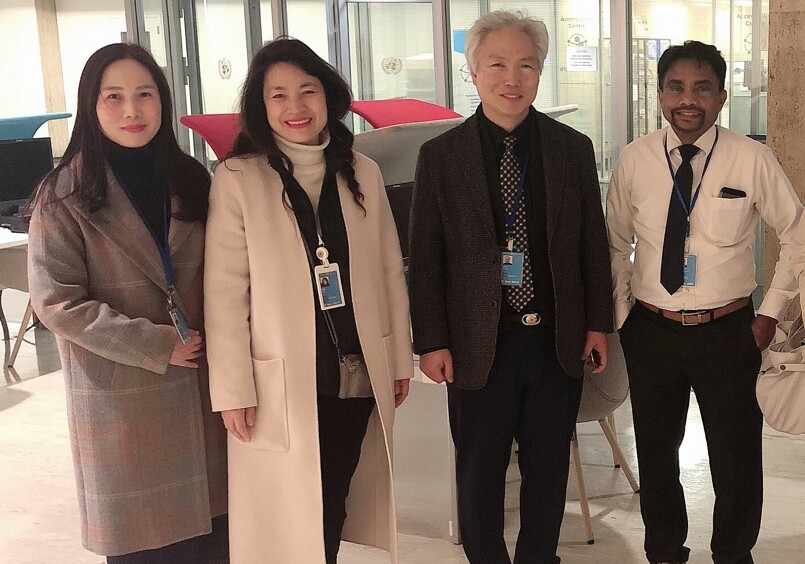
"Survival Human Rights" refer to the minimum fundamental rights that must be guaranteed for a person to survive. These rights are defined through the following seven essential elements. This concept of Survival Human Rights was officially introduced during a conference hosted by the ISEA Foundation at the United Nations in Geneva. It is based on the principles outlined in the Universal Declaration of Human Rights.
Right to Food
The Right to Food is the individual’s right to consume a minimum amount of food necessary for survival, representing a fundamental right to live free from poverty and hunger.
- This right directly addresses the United Nations Sustainable Development Goals (SDGs) Goal 1: No Poverty and Goal 2: Zero Hunger.
By utilizing the blockchain-based financial initiative known as the MobiDollar Project, individuals can receive "Survival Money" through digital wallets, ensuring access to daily essential food.
This innovative and digitalized solution supplements existing welfare systems and can be implemented from the planning phase of smart cities, contributing effectively to poverty eradication and food security.
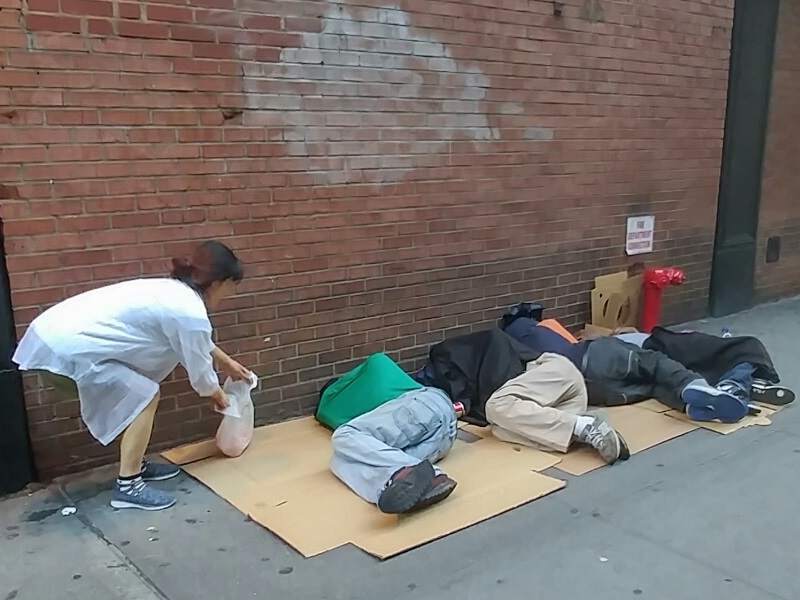
Right to Sleep
The Right to Sleep ensures individuals can rest in a safe and stable environment an essential need for survival and health.
- Closely aligned with SDG 3: Good Health and Well-being, this right highlights the importance of rest in preserving physical and mental well-being.
Through the MobiDollar Project, individuals can secure safe sleeping spaces with the aid of "Survival Money".
This model provides an innovative approach combining digital technology and financial support to uphold the Right to Sleep.
Integrating this system into smart city designs fosters secure and sustainable living environments where everyone can rest safely.
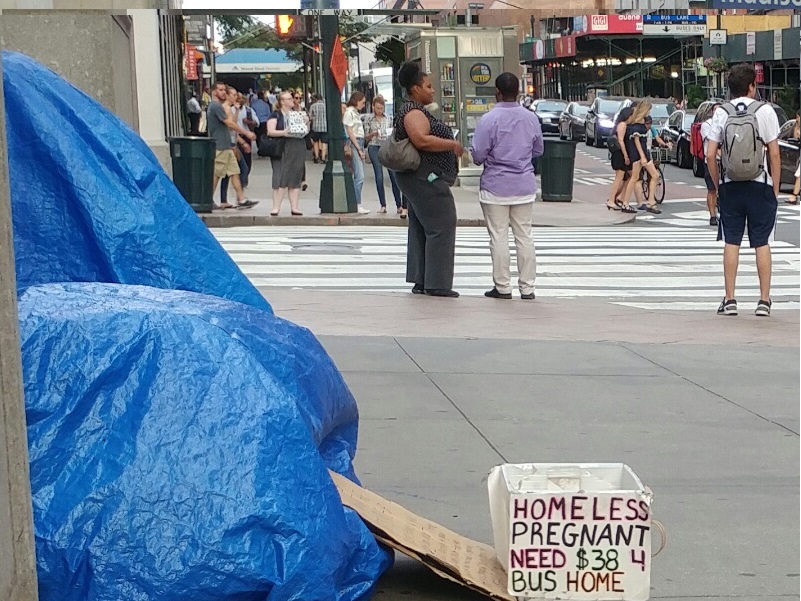
Right to Emergency Medical Care
The Right to Emergency Medical Care guarantees individuals immediate access to medical services during emergencies, directly protecting their right to life.
- This right plays a vital role in preserving life and ensuring timely care during crises and aligns with SDG 3: Good Health and Well-being.
With the MobiDollar Project, individuals can use "Survival Money" for transportation to hospitals, emergency treatment, or purchasing essential medicine.
Smartphone-integrated wallet systems enhance emergency response by automatically connecting individuals with healthcare services.
Incorporating this model into smart city planning builds a global system that ensures rapid and appropriate medical care, contributing to life-saving outcomes and improved health worldwide.
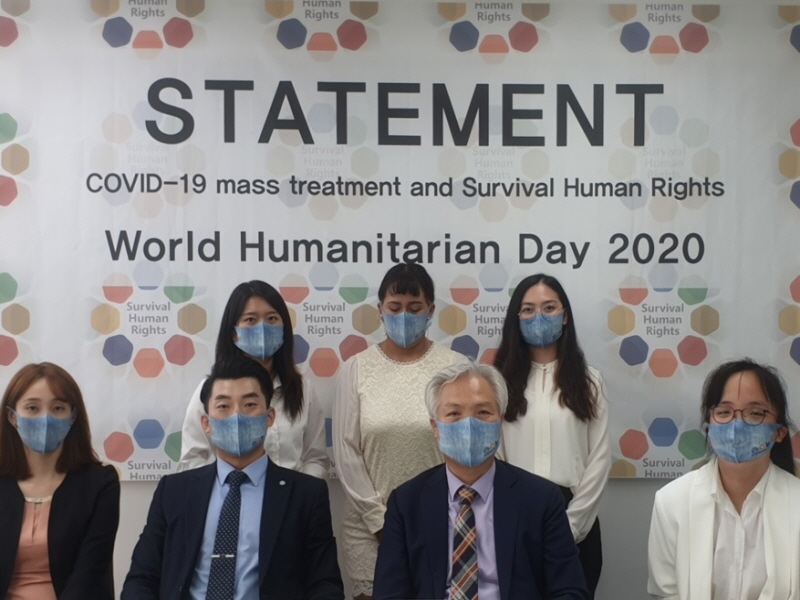
Right to Movement
The Right to Movement allows individuals to move freely and reside within a country or region, ensuring autonomy and accessibility—a fundamental right in the global civil society.
- This right relates closely to SDG 11: Sustainable Cities and Communities.
The MobiDollar Project supports transportation accessibility and provides "Survival Money" to vulnerable populations, ensuring their Right to Movement.
Combining digital technology and financial support, this innovative approach strengthens transportation access, especially for disadvantaged individuals.
By integrating this model in smart city planning, a sustainable environment of equal mobility can be realized.
This model can also be expanded globally to promote the Right to Movement internationally.
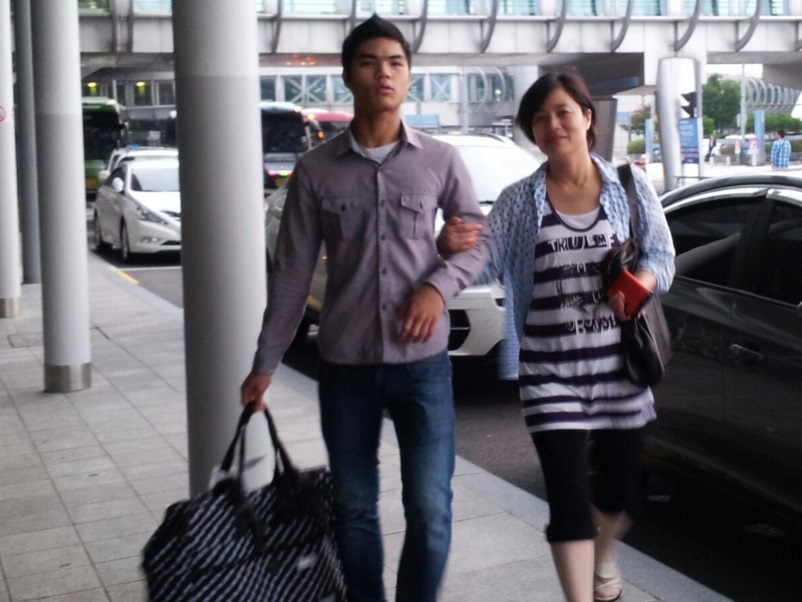
Right to Communication
The Right to Communication ensures individuals have access to communication tools necessary for connecting with family and society, preventing isolation and affirming the social nature of humanity.
- It guarantees that individuals can freely connect with loved ones, institutions, and communities without barriers.
This right aligns with SDG 9: Industry, Innovation and Infrastructure and SDG 10: Reduced Inequalities, promoting inclusive communication and bridging the digital divide.
Through the MobiDollar Project, vulnerable individuals can access communication services and devices using "Survival Money".
By integrating digital currency, smartphone wallets, and smart contracts, the project removes connectivity barriers.
Incorporating this into smart city planning enhances social inclusion and resilience, ensuring no one is disconnected—even in emergencies. This scalable model can bridge digital gaps globally and foster universal access to communication services.
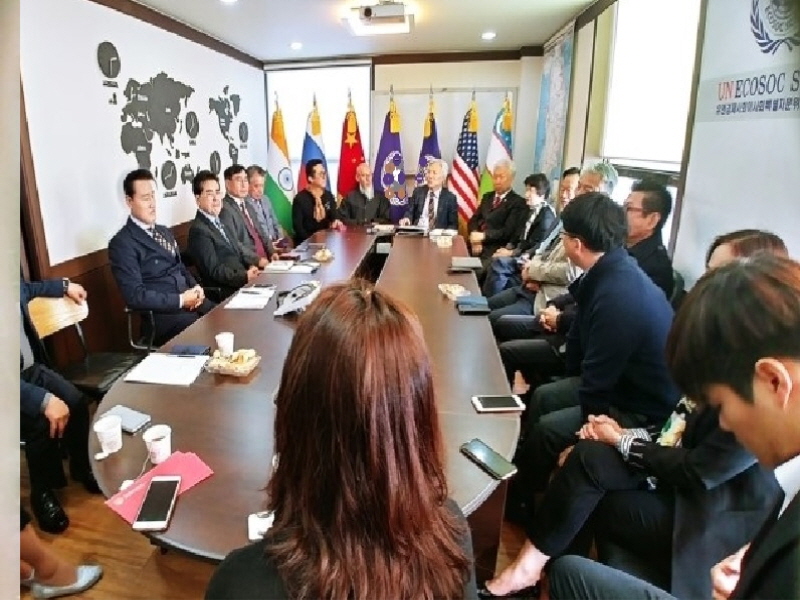
Right to Education
The Right to Education guarantees minimum learning opportunities necessary for self-development and active participation in society.
- It ensures that all individuals can access basic education vital for personal growth, self-realization, and civic engagement.
This right directly corresponds to SDG 4: Quality Education, which promotes inclusive, equitable, and lifelong learning for all.
With the MobiDollar Project, individuals—especially from vulnerable groups—can use "Survival Money" to cover tuition fees, online courses, or access learning materials.
The MobiDollar model provides a cutting-edge framework for ensuring educational rights by removing financial and systemic barriers through digital wallets and blockchain technology.
Implemented within smart cities, this model promotes lifelong learning and prepares individuals for dynamic, knowledge-based global economies.
On a global scale, this initiative helps close the education gap and ensures no one is denied the right to quality education.
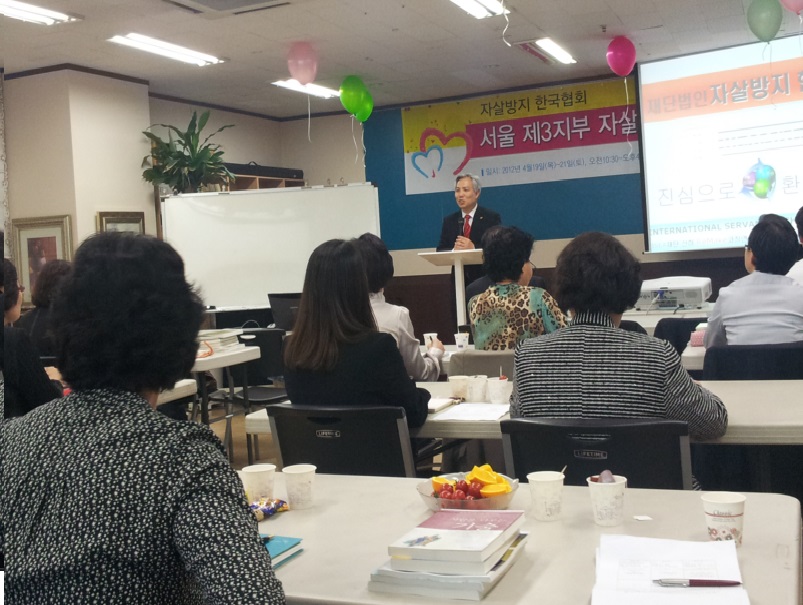
Right to Information
The Right to Information ensures that everyone can access essential data related to governments, public institutions, society, and the economy, enabling informed participation in progress.
- It allows individuals and organizations to access crucial information about governance, services, products, and culture, promoting transparency and accountability.
This right is aligned with SDG 16: Peace, Justice and Strong Institutions and SDG 9: Industry, Innovation and Infrastructure, ensuring equitable access to information and fostering strong institutions.
Through the MobiDollar Project, individuals can use "Survival Money" to access digital tools, platforms, or data services needed for obtaining critical information.
This model, integrated into smart city design, empowers citizens, fosters transparency, and strengthens democratic participation. Globally, it can promote information equity and enhance sustainable development.
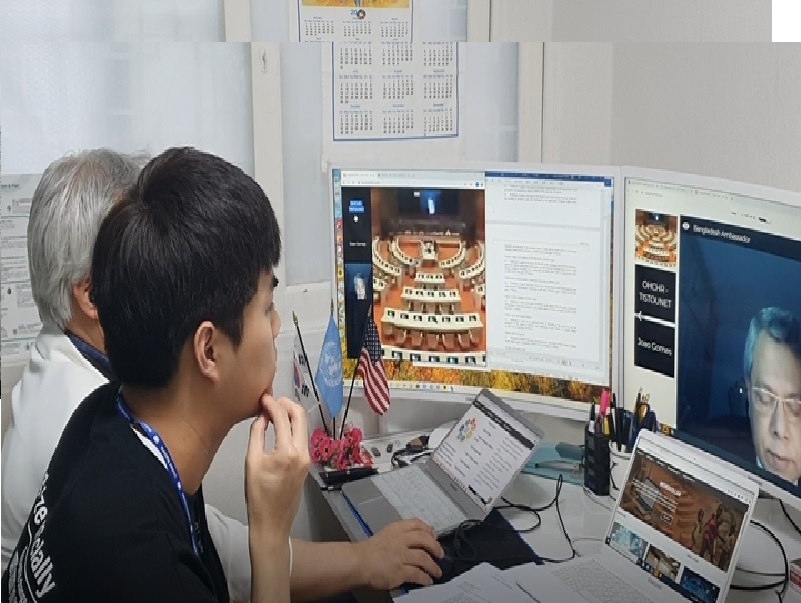

OUR SUPPORT plan
Smart City Design
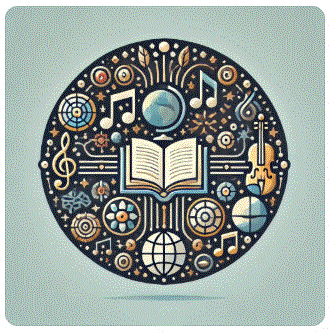
Education & Culture
Education and culture are essential for the sustainable lives of urban citizens. A smart city aspires to become a "City of Learning" by harmonizing digital learning platforms, lifelong learning ecosystems, and creative artistic activities.
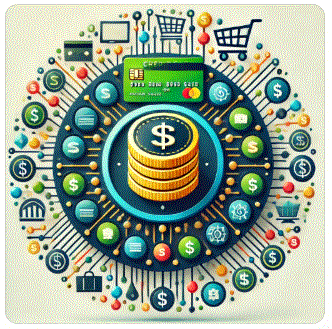
Finance & Consumption
Through transparent financial systems based on blockchain and fair consumption structures, smart cities present alternatives to the wealth concentration of the top 1%.
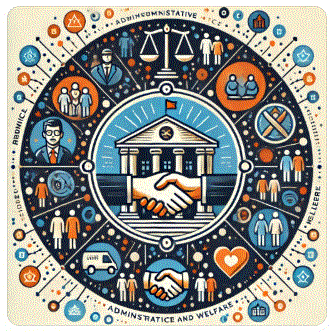
Administrative & Welfare
AI-powered administrative systems and efficient welfare resource distribution are keys to addressing urban marginalization.
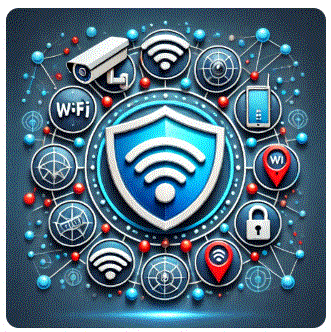
Communication & Safety
An integrated safety platform including cybersecurity and disaster response is essential to protecting urban lives.
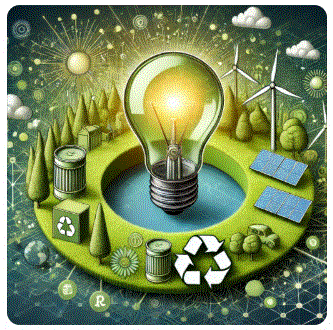
Energy & Environment
Environmental infrastructure including renewable energy and smart grids is foundational for green cities.
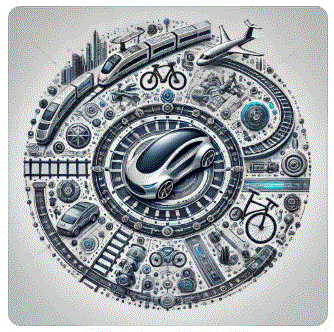
Transportation & Movement
Smart transportation networks and mobility technologies minimize congestion and emissions in urban areas.
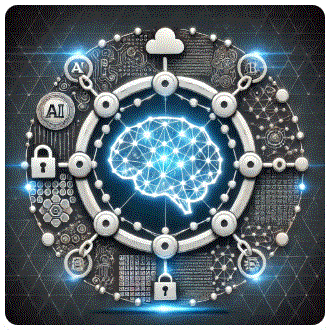
AI & Blockchain Network
AI and blockchain are core technologies for efficiently managing and utilizing data throughout the city. Smart contracts, autonomous administration, and a trust-based cooperative ecosystem are central to this domain
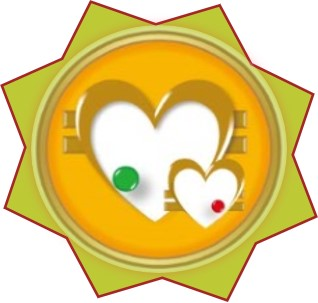
and Survival Money
Survival Human Rights must be embedded from the very beginning of the smart city design process.MobiCoins is a welfare support currency that is automatically verified, recharged, or expired daily through mobile devices. The currency unit and name are determined according to the local culture.
Team
CHECK OUR TEAM
